Bank Employee Accuses Me Of Faking A Check. He Regretted It When I Said This
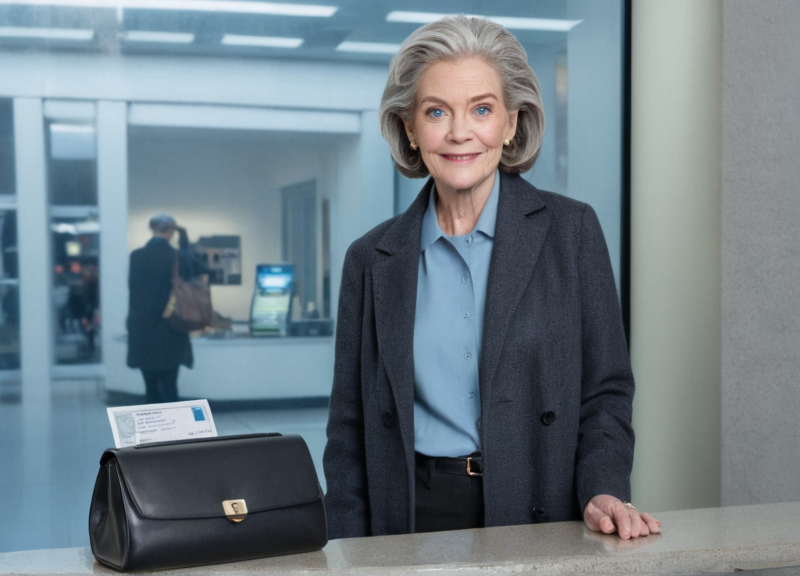
It happened after lunch at my neighborhood bank, right at the teller window. I leaned on the counter, gray hair tucked back, and heard him say my check was fake. I told him to cash it—once, twice, ten times—and he just smirked. So I asked for his manager and said, 'Cash it now, or you've got a problem.' They doubled down, so I said, 'Fine—call the CEO.' He did, and as the line went quiet, my phone buzzed. The name on the screen made my stomach drop; everyone leaned in as I answered on speaker.
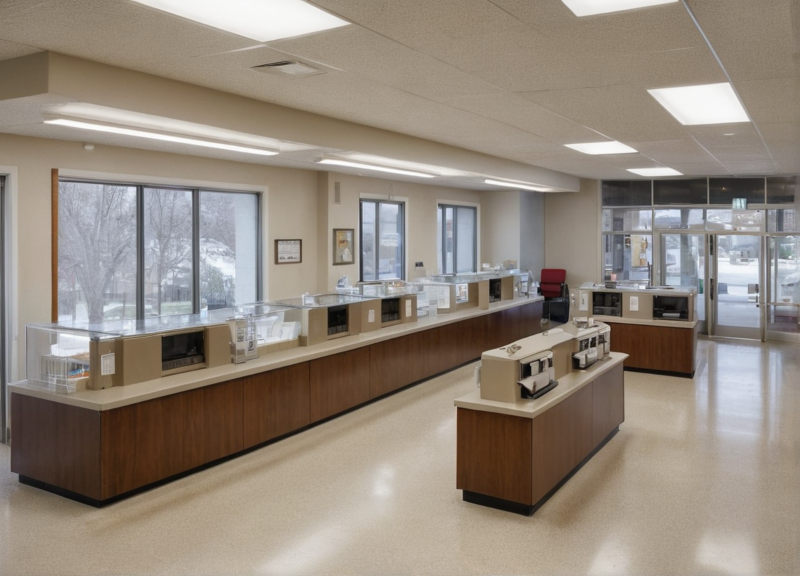
After lunch, I pushed open the branch door and stepped into a line that barely reached the rope stanchions. Fluorescent lights buzzed, and a digital board ticked through numbers no one used. A woman counted twenties at the next window while a security guard watched the entrance. I checked the envelope in my coat and kept my place. The line moved quickly, and a teller freed up. He glanced over the partition, caught my eye, and waved me forward.

Evan, the name on his badge, greeted me with a quick nod and asked for my identification. I placed the envelope on the counter and slid out my wallet. He asked for the check I intended to cash and a current photo ID. I passed him my license and kept the envelope open so he could see the printed stub. He tapped his keyboard, pulled up a blank transaction, and positioned the items under the countertop camera.

I removed the endorsed payroll check and laid it flat on the glass so the numbers faced him. My license followed, pressed against the edge of his pad to keep it visible. He adjusted the angle and aligned them with a small plastic ruler by the keyboard. The printer hummed behind us as another teller refilled paper. Evan nodded toward the rear scanner, and I nudged the check forward with two fingers while he reached for it.
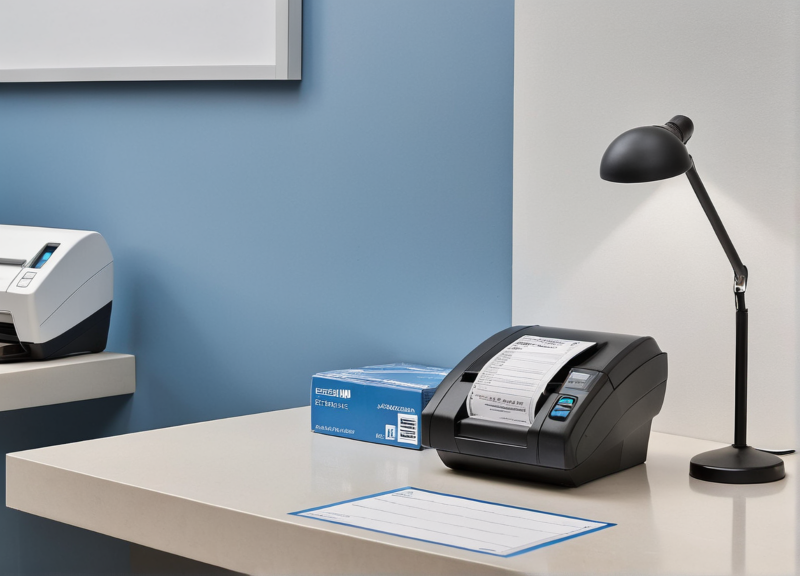
He fed the check into the scanner and watched a progress bar crawl across his monitor. Then he pulled it back under a desk lamp and tilted the corner toward the light. His eyes settled on the routing strip, and he traced the digits with a capped pen. The keypad clicked as he compared numbers on his screen. Two tellers over, coins clattered into a drawer, and the guard looked up when the machine whirred again.
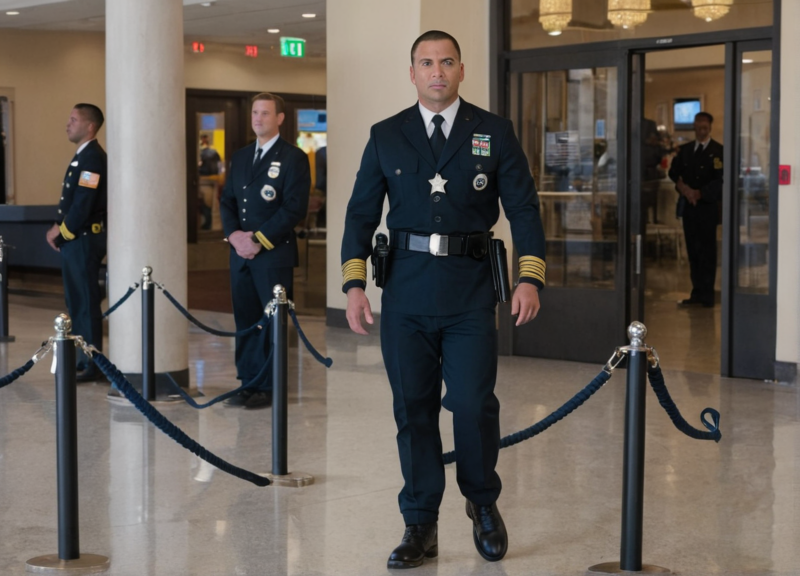
Evan set the check on a rubber mat and ran his thumb along the top edge. He said the document looked off and mentioned inconsistencies he couldn't ignore. The words carried across the counter, and a couple in line glanced our way. I kept my hands still on the ledge while he watched my face. He shifted the check a few inches farther back, close to his keyboard, as if distance could settle the issue.

I asked him to run the scan again and bring the lamp closer. He rolled the light forward, raised the shade, and fed the check through a second time. The screen populated with the same image, and he zoomed until the text looked grainy. I pointed to the dates and pay line so he could compare entries. He nodded once without looking up and reached for the phone mounted beneath his monitor.
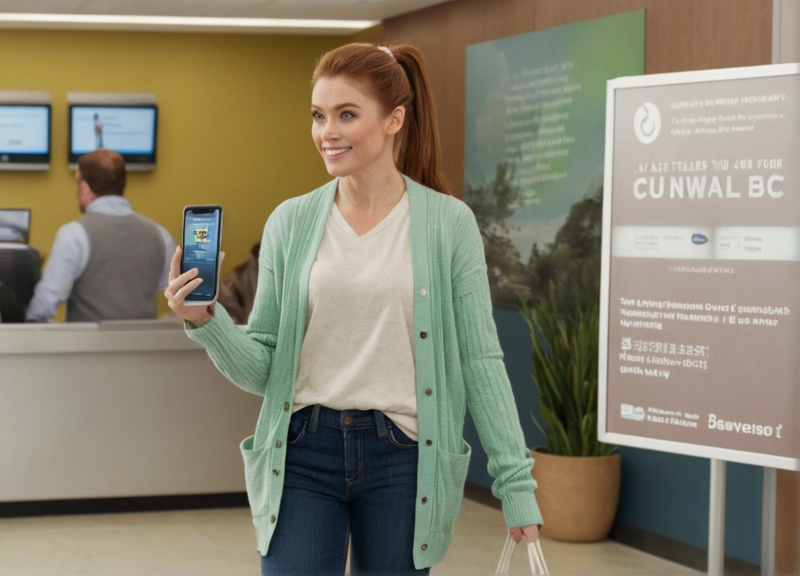
He dialed a short extension and ended the call before it rang, then repeated the scan with a harder shove. When the image reloaded, he shook his head and opened a window labeled supervisor review. A small red banner blinked at the top of his display. He clicked assign and typed a short note with both hands. Behind me, a woman shifted her purse to her other shoulder and tried to see the monitor.
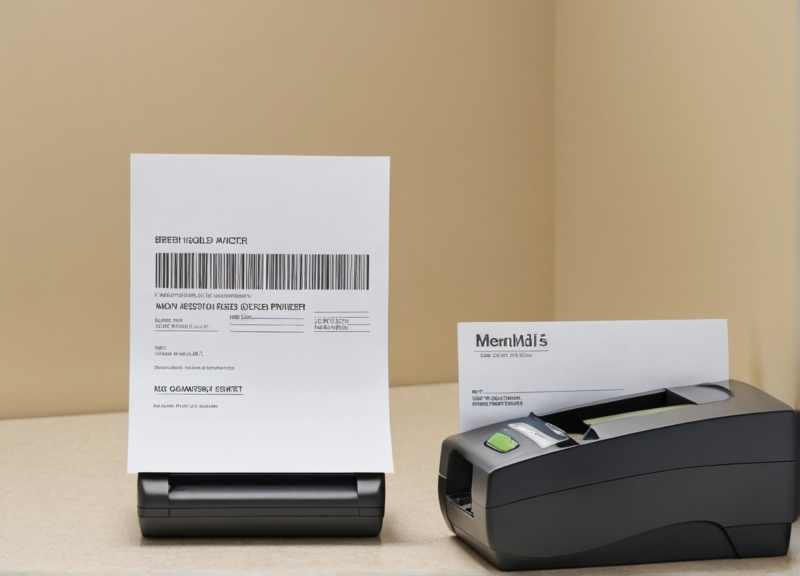
Evan tapped a function key, and the printer near his elbow began to clatter. A single sheet rolled out with barcodes along the top and a temporary code beside a small checkbox. He tore the page free and slid it toward me without eye contact. The notice said internal hold and listed a brief reason line. I read it once and set the paper flat again between us, careful not to crease the corner.

I pushed the notice back to his side and asked him to cancel the hold. My voice stayed even while I reminded him that policy required proper verification before rejection. He looked at the screen, then at the queue forming behind me. The guard shifted near the ropes, and someone sighed from the chairs. I asked him to process the transaction as written and to document any step he chose not to follow.

Footsteps sounded behind me as a woman joined the line and fixed her attention on our counter. She adjusted her tote on one shoulder and watched Evan’s hands move across the keyboard. The guard glanced her way when she edged a little closer to hear. I kept the notice on the ledge between us so she could see what the printer had spit out. Evan noticed the attention and straightened his tie without saying anything about the growing audience.